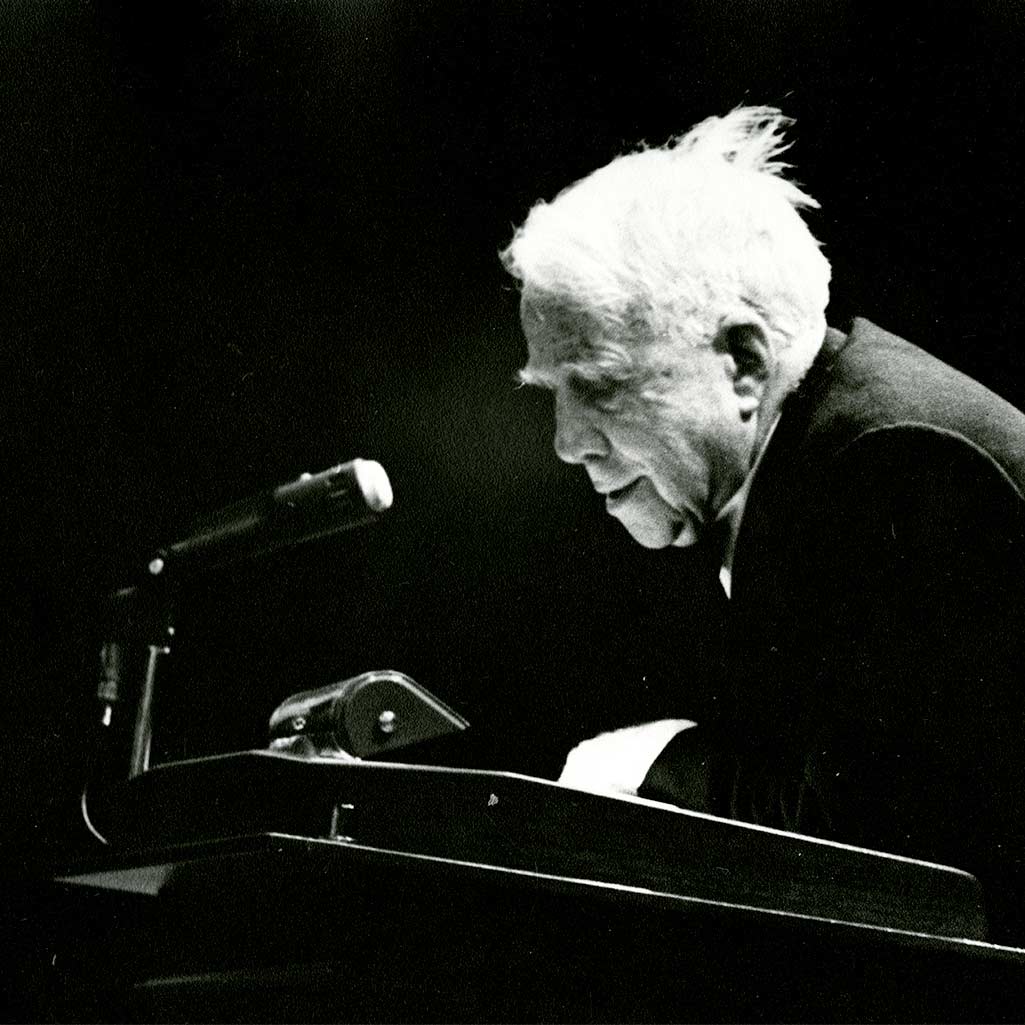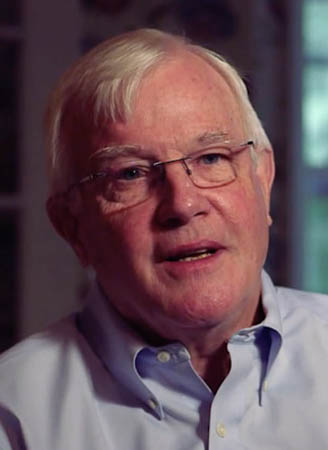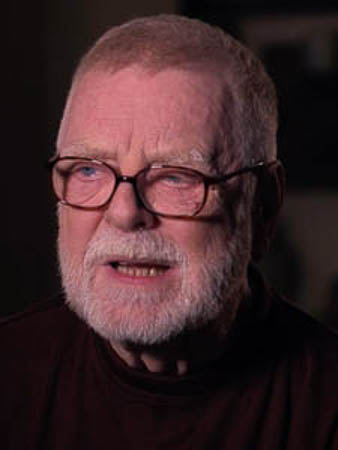NOTE FROM CULLEN MURPHY:
Chair of the Board of Trustees of Amherst College
FOREWARD:
“Poetry and Politics” — Biddy Martin, President of Amherst College
INTRODUCTION:
Ted Nelson, ’64, Roger Mills, ’64, and Reunion ’64
PART 1:
Fall 1963 on Campus.
CHAPTER 1:
One Fall Day: Frost and Kennedy — Roger Mills, ’64
CHAPTER 2:
Robert Frost: The Poet as Educator — Paul Dimond, ’66 and Roger Mills, ’64
CHAPTER 3:
Those Who Were There — Vignettes
Cheering Loudly, Fearing Quietly — James T. Giles, ’64
The Vigil Outside Kirby — Mitch Meisner, ’64
Noises Off — Chatland Whitmore, ’64
The President and the Poet — Mark J. Sandler, ’64
Kennedy Has Been Shot — Robert Knox, ’64
Communal Guilt? — David Pearle, ’64
Do the Work He Couldn’t Complete — Rip Sparks, ’64
CHAPTER 4:
Kennedy on Campus
The Convocation Address — John F. Kennedy, October 26,1963
The President’s Remarks at the Library Groundbreaking
Frost and Stone: The Convocation Address
— Archibald Macleish
President Plimpton’s Address to the College
Poetry, Stalinism, and the Cuban Missile Crisis — Stewart L. Udall
JFK’S HANDWRITTEN EDITS
to the Speech Drafted by Arthur Schlesinger, Jr.
CHAPTER 5:
Annotated Timeline — Rip Sparks, ’64
PART 2:
Doing the Work He Couldn’t Complete.
CHAPTER 6:
The Life of an Activist — Ted Nelson, ’64
CHAPTER 7:
Truth to Power — Steve Downs, ’64
CHAPTER 8:
Given to Me — Gene Palumbo, ’64
CHAPTER 9:
“With Privilege Goes Responsibility” — George Wanlass, ’64
CHAPTER 10:
Carrying the Torch — Vignettes
My Year in Vietnam with MILPHAP Team 20 — Thomas P. Jacobs, ’64
From Art History to Biomedical Research — Doug Lowy, ’64
A Continuing Journey –Pat Deleon, ’64


